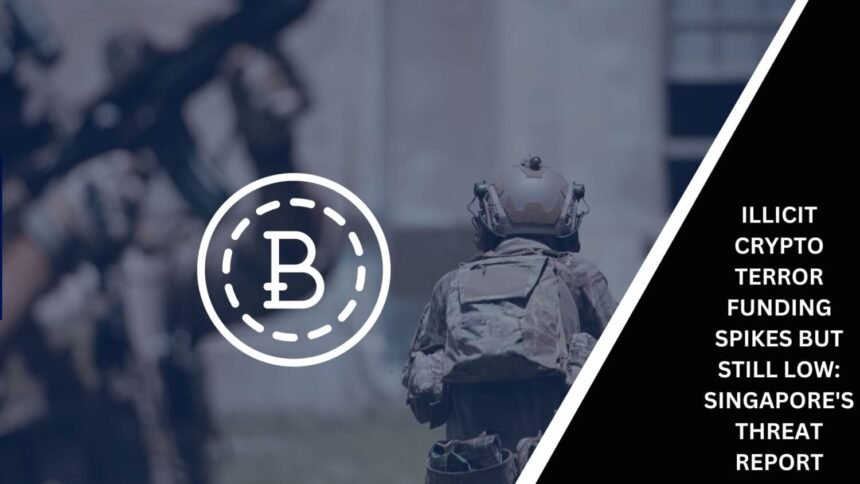Key Takeaways:
- Singapore’s 2024 terrorism threat report reveals a continued reliance on cash transfers for terrorist funding, with minimal use of cryptocurrencies.
- Traditional methods like wire transfers and the hawala system remain the primary means for raising capital
Singapore’s Ministry of Home Affairs has released its 2024 terrorism threat assessment report, shedding light on the methods terrorists use to fund their operations. The report underscores a continued reliance on cash transfers, despite a slight uptick in the use of cryptocurrencies since May 2020.
The analysis, conducted by the Internal Security Department, points out that traditional methods of fundraising, such as cash couriers and bank transfers, remain predominant among terrorist groups like ISIS.
While there has been a minimal increase in the adoption of cryptocurrency, it pales in comparison to conventional cash transfers. This highlights that despite the rise of digital currencies, they are not the primary method for terrorist financing.
The report emphasizes Singapore’s position as a global financial center and transport hub, making it a potential source of funds for terrorist organizations abroad.
The Ministry of Home Affairs stressed the importance of collective vigilance to counter this threat. The elevated threat level, partly due to the re-escalation of the Israel-Palestine conflict, underscores the need for continued scrutiny and preventive measures.
The report reveals that Islamist organizations like ISIS have been transferring up to $20,000 per month to individuals in the Al-Hol detention camp via intermediaries in Turkey. They use the hawala system, cash transfer apps, and cryptocurrencies.
However, traditional wire transfers through financial institutions and money service businesses remain the top choices for these groups.
Singapore has been proactive in refining its guidelines for the financial sector, particularly concerning digital payment tokens (DPTs). In April, the Monetary Authority of Singapore (MAS) introduced amendments to the Payment Services Act, empowering it to impose anti-money laundering and counter-terrorism financing requirements on DPT service providers.
This report comes amid a global discourse on the role of digital assets in money laundering and terrorist financing. Recently, U.S. Senator Roger Marshall withdrew his support for the Digital Asset Anti-Money Laundering Act (DAAMLA), a bill aimed at increasing regulation on the crypto sector.



